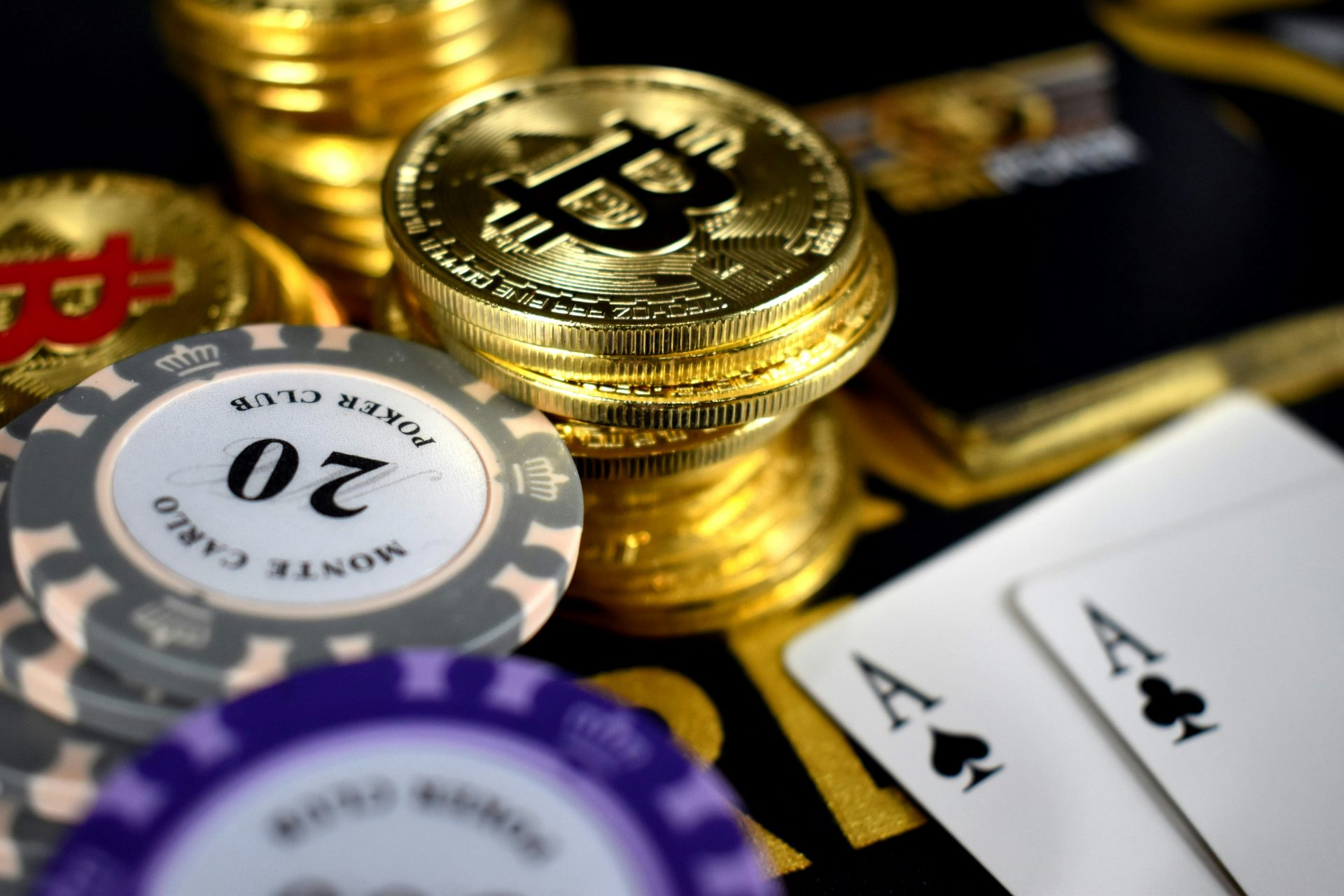
The Shifting Crypto and Online Casino Landscape in Malaysia
Cryptocurrency and online casinos are reshaping mainstream entertainment and financial landscapes. Local regulators have enacted decisive new laws and introduced innovative technology policies, all whilst holding a conservative line on gambling. Malaysia stands at the crossroads of rapid digital evolution and regulatory reform.
The Legal Status of Cryptocurrency in Malaysia
The position on cryptocurrency has solidified over the past year. In January 2025, the government amended the Prescription Securities and Digital Currency and Digital Token Order 2019. It officially classifies most cryptocurrencies and digital tokens as securities under the Capital Markets and Services Act. That puts the Securities Commission Malaysia (SC) in charge of regulating digital asset activity.
The Malaysia Crypto Market Sentiment Index (MCMSI) has been notably positive, rising 18.7% in Q2 2025. Since the January amendments, the institutional confidence metrics indicate a 23.4% increase in institutional capital inflows to licensed Malaysian exchanges.
It’s important to note that cryptocurrencies are not recognised as an official means of payment, but locals can use them. This expanding regulatory framework has created exciting new opportunities in the digital asset space. There are popular crypto casinos on kasinodalamtalianterbaik.com offering innovative ways for cryptocurrency enthusiasts to use their digital assets for online gaming.
Only 23 cryptocurrencies are approved for legal trading. Each exchange must maintain a minimum paid-up capital of RM 5 million (approximately £850,000), preventing undercapitalised operators from entering the market. A 30-day moving average (30-DMA) shows consistently increasing trade volumes, or a 41.2% year-on-year increase. The SC is conducting public consultations on further digital asset regulation.
Technology, Blockchain, and Innovation
The country isn’t just regulating crypto, it’s also innovating. In July this year, the Malaysia Blockchain Infrastructure (MBI) was launched through a collaboration between MIMOS, the Ministry of Science, MOSTI, and the local Zetrix blockchain project. The idea is to build a national foundation for secure blockchain services.
The announcement triggered a notable price action for Zetrix (ZTX), with the token experiencing a 26.8% surge in the 48 hours following the MBI launch. Analysts suggest continued bullish momentum for blockchain infrastructure tokens with Malaysian government partnerships.
The future may hold more changes, whilst public discussion continues around the possibility of a MYR-pegged stablecoin. Bank Negara Malaysia’s (BNM) Digital Asset Innovation Hub and regulatory sandboxes further support responsible fintech and blockchain experimentation. That allows legitimate operators to test new services under close supervision, highlighting Malaysia’s pro-innovation stance even within a strict compliance framework.
Online Gambling, Crypto Casinos, and Malaysian Law
The Common Gaming Houses Act 1953, alongside betting and AML statutes, prohibits all forms of online gambling. There are no licences granted for online casino or sports betting operators. This ban applies both to traditional and cryptocurrency gambling. The only exceptions are the handful of land-based operations, such as Genting Highlands.
No online casino, including those accepting crypto, is legally licensed to serve Malaysians. Enforcement efforts have escalated as more than 4,200 illegal gambling sites have been blocked since 2021, with 449 further requests for blocking logged in the first five months of 2025 alone.
Despite intensified enforcement, outbound cryptocurrency transfers to known gambling addresses increased by 17.3% in H1 2025 compared to H2 2024. The Relative Strength Index (RSI) for gambling-related token movements from Malaysian wallets currently sits at 67.8. That approaches overbought territory and suggests continued vigorous activity despite regulatory headwinds.
Any Malaysian found gambling online, especially with cryptocurrency, faces potential fines or prosecution if identified. Thus, despite enforcement, many locals seeking online crypto gaming turn to offshore gaming sites using VPNs and non-local operators, which becomes a persistent challenge for regulators.
The Market: Realities and Demographics
Mobile internet penetration is stunningly high, at approximately 97% so far this year. This universal connectivity makes crypto casinos accessible nearly everywhere and helps explain the dominance of mobile-first services for casual and high-frequency players.
Market research firms project Malaysia’s online casino revenue to be approximately £1.53 billion by the end of the year. These numbers underline the commercial significance of digital gambling, even under restrictive regulations. The average annual iGaming spend per Malaysian is around £187.
Demographic analysis reveals that locals aged 18–34 lead both crypto adoption and online gambling activities. The drivers here are tech literacy, disposable income, and mobile culture. Female participation in both sectors has grown in recent years, thanks to targeted digital inclusion campaigns and wider access to tech education. Malaysia’s crypto user base is expected to reach around 4.7 million people (or 14% of the population) by 2026.
Government Initiatives, Social Impact, and Responsible Gambling
As with other fintech sectors, the government and central bank are prioritising responsible innovation. That helps balance regulatory risk and the need to encourage modern digital industries. Security and user protection are ever more critical.
The Personal Data Protection Act, as updated in July 2024, now covers crypto and online gambling operators. That means stricter standards for data privacy. NGOs like Gamblers Rehab Centre Malaysia are stepping up awareness and counselling efforts as the accessibility of digital gambling raises concerns over addiction, particularly among young adults.
Further Reforms
To uncover and tax undeclared cryptocurrency income, authorities have launched ‘Ops Token’. This is an initiative specifically targeting undeclared cryptocurrency and digital asset income. The SC, the Income Tax Department, and law enforcement cooperate to bring the crypto and gambling economies into complete legal visibility. Reforms show that the government recognises technological change and is working to update the legal framework accordingly.
Challenges & Opportunities
Opportunities abound for businesses and players who can act within the law, but the line between legal and illegal remains sharp. The government encourages regulated blockchain and fintech innovation. There is a potential 47.3% increase in regulated activity by Q4 2026, with a corresponding 23.8% decrease in unregulated offshore transactions.
Responsible participation remains essential as the regulatory landscape evolves, but opportunity and risk will also grow. Malaysia’s example stands to shape not just Southeast Asia’s digital future, but potentially set benchmarks for responsible innovation where fintech and entertainment converge.



 Bitcoin
Bitcoin  Ethereum
Ethereum  Tether
Tether  XRP
XRP  USDC
USDC  Solana
Solana  TRON
TRON  Lido Staked Ether
Lido Staked Ether  Cardano
Cardano  Avalanche
Avalanche  Toncoin
Toncoin